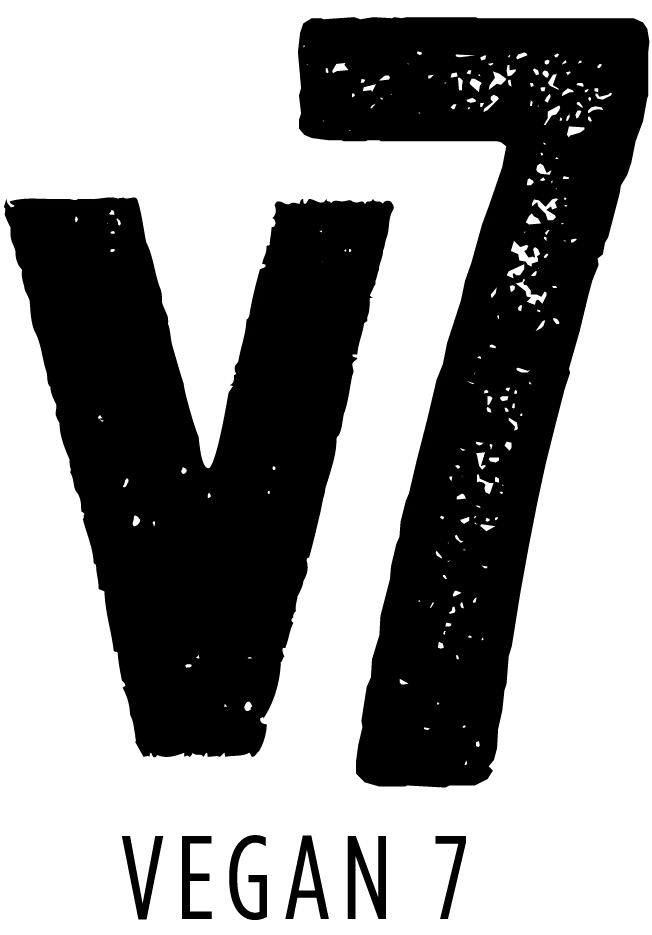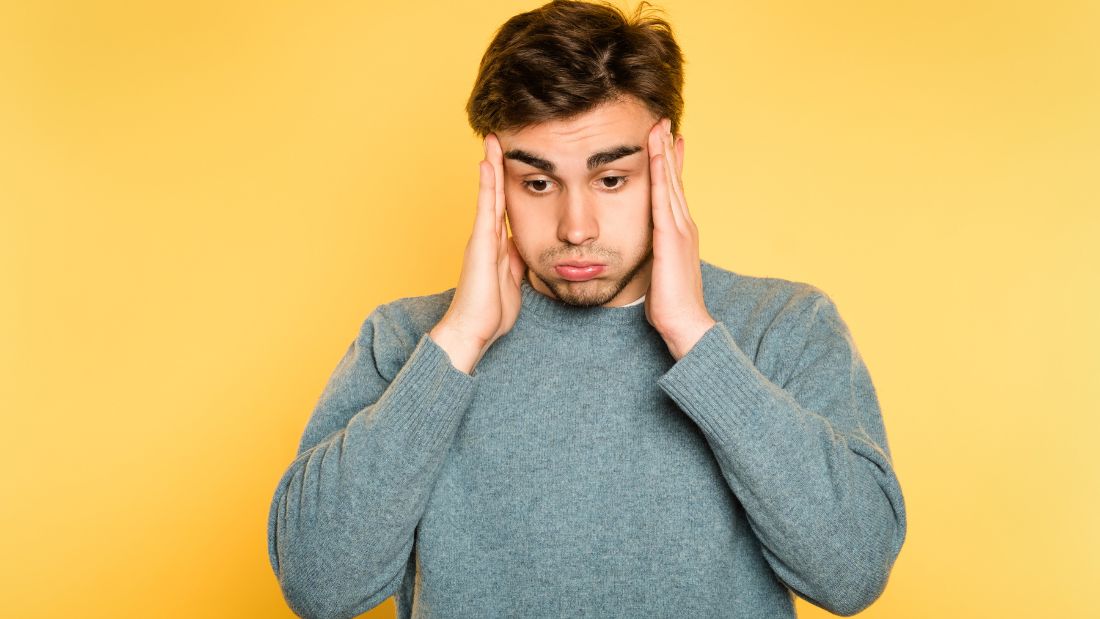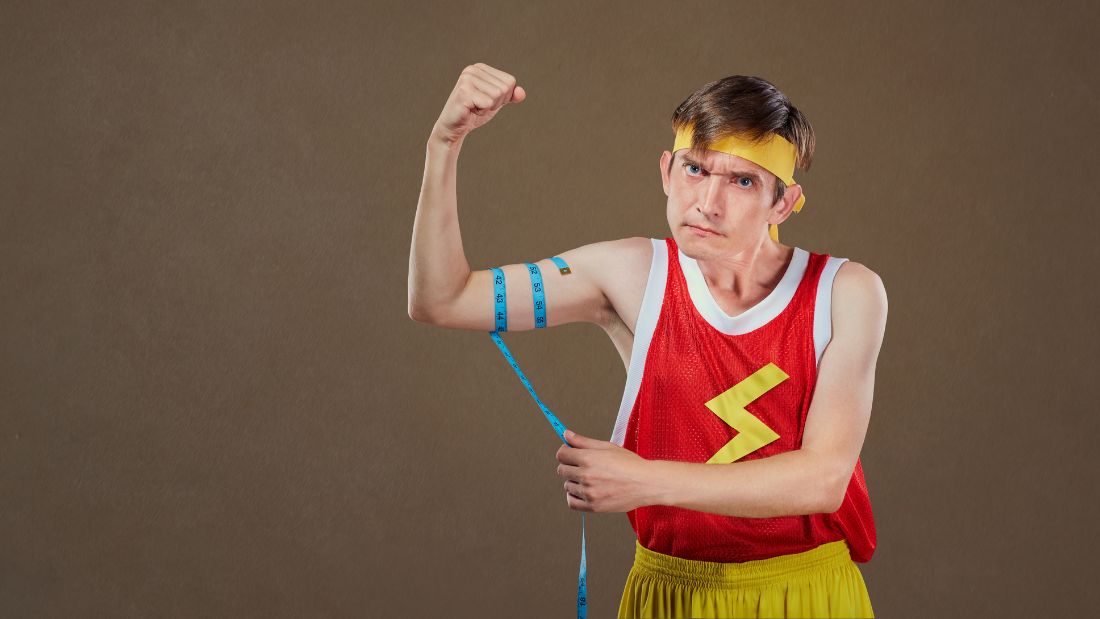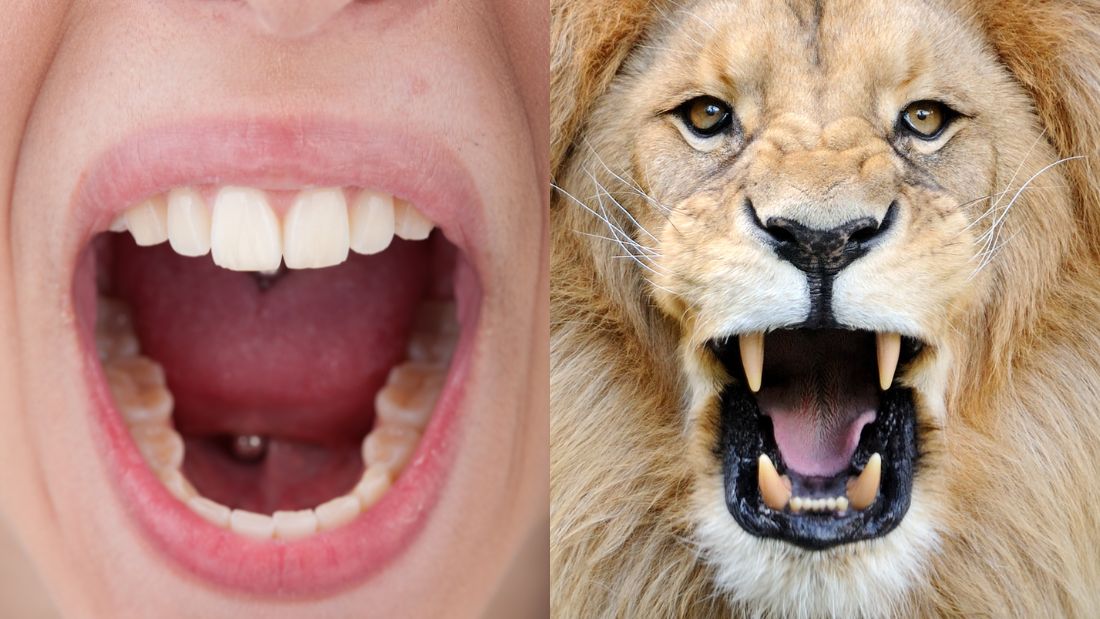If Veganism Is Healthy and ‘Natural’, Why Do Vegans Need To Take Supplements?
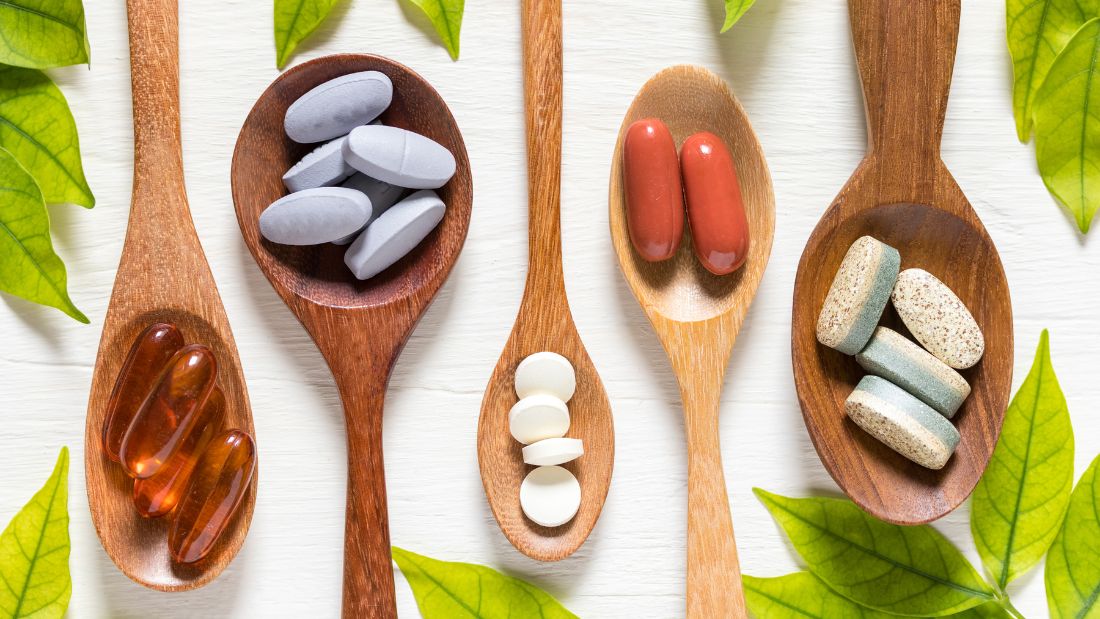
Have you ever wondered how a vegan diet can be healthy and ‘natural’ if it relies on taking supplements?
Well, wonder no more. Here we’ll explain why a vegan diet is both healthy and natural even though vegans (and some non-vegans) need to take a couple of supplements.
The verdict is in and the world’s leading health organisations agree that a well-planned vegan diet is appropriate for all stages of life.
Not only is a vegan diet healthy, it is one of the healthiest possible. A vegan diet can reduce your risk of heart disease, reduce the risk of and even reverse type-2 diabetes, reduce the risk of some cancers and slow down ageing.
However, an animal-based diet comes with a whole host of added nasties such as saturated fat, animal protein and haem iron – all of which have been linked to serious consequences for your health.
A vegan diet can protect against many of these diseases. So even if you need to take a couple of supplements, surely it’s worth it?!
There is a growing body of evidence that our ancestors were largely plant-based.
Not only do we share many traits with herbivores, from the shape of our jaws to the type of saliva we produce, but anthropologists are finding heaps of evidence, such as the remains of cooked plants, to suggest our ancestors ate a varied plant-based diet.
But let’s just pretend that a vegan diet isn’t natural. It doesn’t even matter because something doesn’t have to be natural to be good for us, and not all things that are natural are good for us.
Ultimately, it’s irrelevant if a vegan diet is ‘natural’ because time and time again it has been proven to be one of the healthiest diets, and it’s certainly the best for the animals and the planet.
So, if a vegan diet is indeed healthy and natural, why DO we need to take supplements?
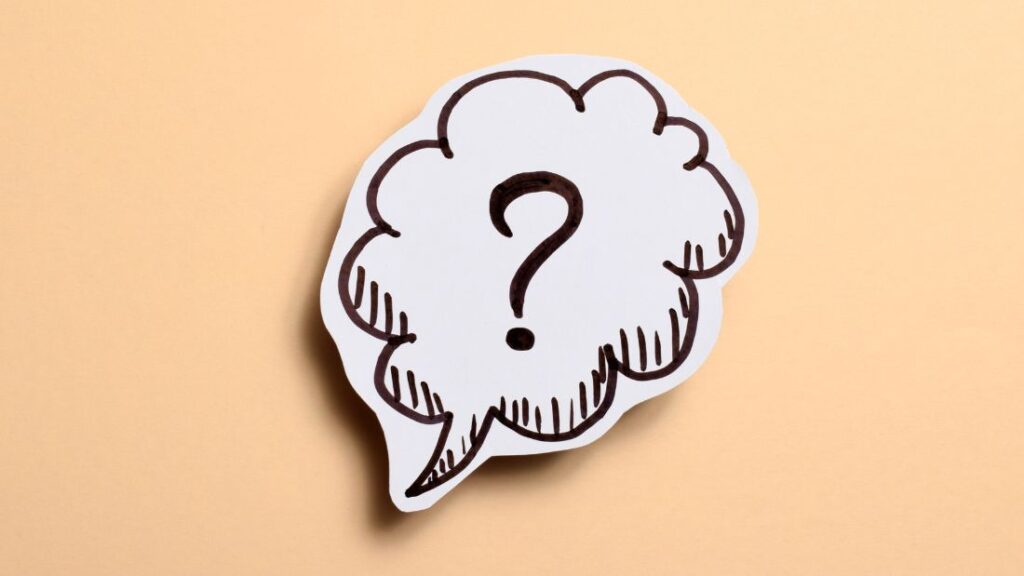
The fact that we need to take some supplements when following a vegan diet isn’t a reflection of the quality of the diet, but rather a reflection of the modern times in which we live.
Sometimes our environment doesn’t provide all that we need so we have to find other ways to meet those needs.
Taking supplements is a solution to living in a less-than-ideal environment.
Which supplements should a vegan take?
A vegan diet only requires a couple of vitamins to be supplemented, and the truth is, most people, regardless of diet should probably be supplementing them.
So, let’s take a look at a couple of supplements, and why taking them doesn’t mean a vegan diet is inherently unhealthy.
Vitamin B12
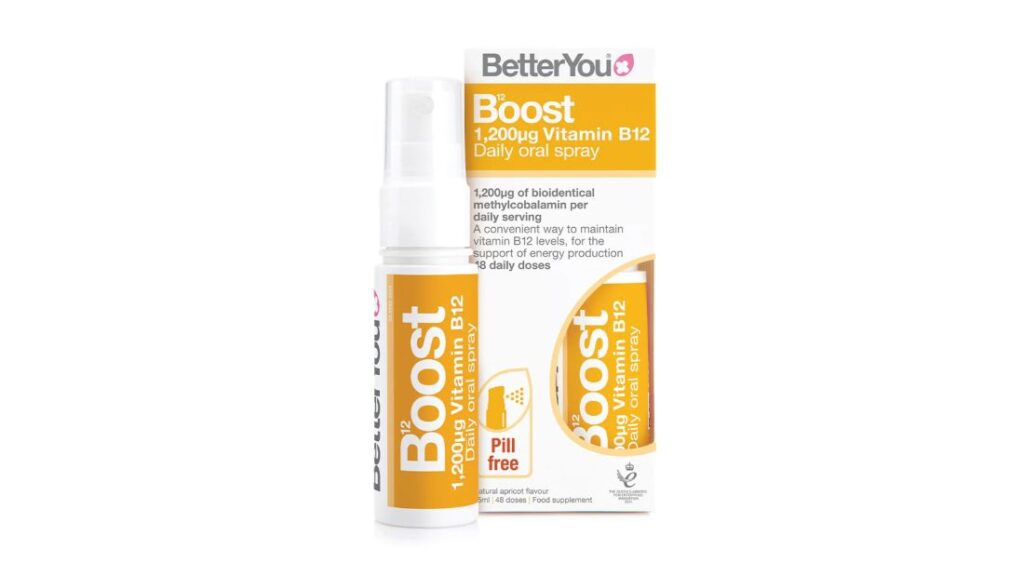
Vitamin B12 is an important nutrient as it helps make our red blood cells and DNA, and keeps our nervous system healthy. It’s an essential nutrient as our body cannot make it itself so we need to obtain it from external sources.
Whereas once we’d get it from unwashed plant foods, nowadays we need to take a supplement. This is not a weakness of a vegan diet, but a reflection of our sanitised modern times.
Our food is grown in sterile and depleted soil devoid of the beneficial bacteria it once harboured, and everything is thoroughly washed removing both beneficial and harmful microbes.
B12 is often cited as a vitamin found ‘naturally’ only in meat, dairy and other animal foods. The argument that ‘vegans have to take pills’ is used to claim that veganism is unnatural but, of course, it’s a bit more complicated than that.
B12 is naturally made by bacteria in soil and water but can be grown in industrial-sized vats for supplements.
Traditionally, farmed animals would have got their B12 from water and eating food from the ground – just like us – but with so many now confined in factory farms, farmed animals themselves are given B12 supplements.
So, whether you take a supplement directly or consume it second-hand by eating animals that have been fed a supplement, B12 still comes from a supplement – but you can get it more accurately and reliably by taking it directly, and without involving the cruelty to animals.
As we age, our body finds it harder to absorb vitamin B12 so everyone over the age of 50 should take a supplement, regardless of diet.
Vitamin D
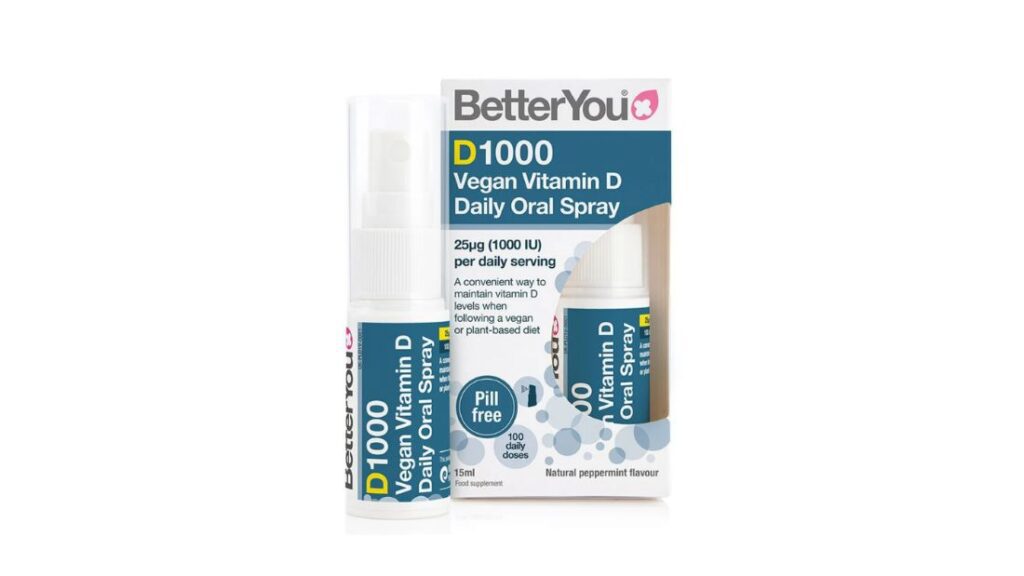
Alongside your tub of B12 vitamins, everyone in the UK – and everyone living in countries where the sun’s not out all year round – should take some vitamin D.
Vitamin D is made when UVB rays from the sun fall on our skin. This means that in the UK from April until September, or in countries which are sunny all year round, you can get enough vitamin D naturally by exposing your face, arms and legs for five to 30 minutes two or three times a week or nine minutes a day.
However, the weak winter sunlight does not provide enough UVB for us to make sufficient vitamin D and it’s difficult to get enough from food alone.
This is why the NHS recommends everyone in the UK take a supplement between October and early March.
People who cover up or stay indoors most of the time should consider taking a supplement all year round, and because of the UK’s erratic weather, year-round supplementation would probably be beneficial for all.
Other vitamins
There are also a handful of other vitamins which you may wish to consider supplementing – or pay close attention to – depending on their availability in your particular diet. These include:
- Omega 3 fats, which can be found naturally in flaxseed, chia seed and walnuts but an algae-derived omega-3 supplement is available
- Iodine, which can be found in nori (seaweed) and iodised salt
- Selenium, which can be obtained from a couple of Brazil nuts a day
- Calcium, which can be obtained from dark leafy greens, calcium-set tofu and fortified plant milks and other dairy alternatives, such as yoghurts and spreads
What about iron?
Many people fear that they won’t get enough iron when they go vegetarian or vegan because it is a mineral usually associated with red meat (haem iron).
However, this is actually a myth and a healthy, varied vegan diet contains all the plant-based iron (non-haem iron) that you need.
In fact, the European Prospective Investigation into Cancer and Nutrition (EPIC) Oxford study found that vegans had the highest intake of iron!
What’s more, haem iron from animals is associated with increased risk of cancer, type-2 diabetes and cardiovascular disease, whereas non-haem iron from plants is not.
The best plant sources of iron include wholegrains, fortified breakfast cereals, pulses, seeds, dried fruit, seaweed (nori) and dark green leafy vegetables.
To make sure you absorb enough iron, it is best to combine it with a source of vitamin C as it has long been known that ascorbic acid (vitamin C), improves our ability to absorb non-haem iron from our food.
Luckily, vitamin C is ubiquitous in a healthy plant-based diet and can be found in citrus fruit, berries, peppers, broccoli and even potatoes.
Hopefully now you can see why, even though a vegan diet is healthy and natural, it is still important to take some supplements and plan your diet carefully to ensure you thrive and avoid any nutritional deficiencies.
